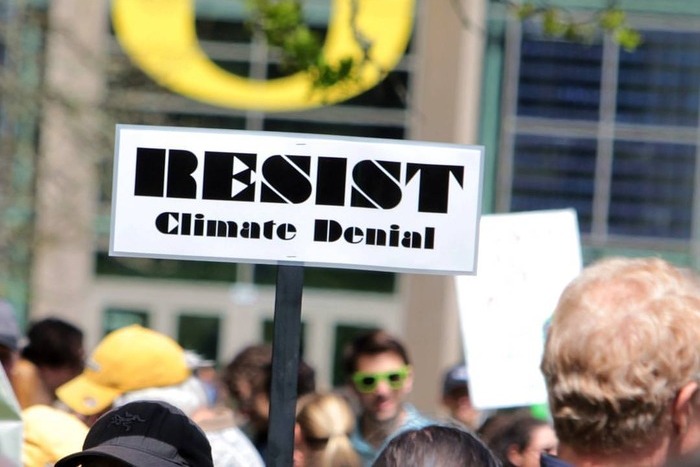Continued and intentional spread of climate disinformation, fake news, and information manipulation is decreasing public trust regarding climate action
There’s a pervasive hindrance in the climate action front — misinformation. And it’s deliberate, according to a new report by the International Panel on Information Integrity (IPIE).
Titled ‘Facts, Fakes, and Climate Science’, it is the first global, systematic assessment of information integrity on climate change. It says that the continued and intentional spread of climate disinformation, fake news, and information manipulation is decreasing public trust regarding climate action, making it somewhat ineffective and challenging.
The report found that climate denialism has taken a new form: strategic skepticism. In other words, climate denial campaigns don’t focus on outrightly denying that climate change is happening, but press on discrediting the effectiveness, costs, or fairness of proposed solutions.
Intentional disinformation
According to the report, the disinformation being spread about climate change is targeted and intentional. These are aimed at political leaders, civil servants, and regulatory agencies so that effective climate policies are delayed.
The report found evidence that online bots and trolls amplify fake news and misinformation on a large scale, and automated agents push these. In fact, there is coordination in the way that these misleading narratives are pushed, extending far beyond fringe commentary.
The report found that the main entities responsible for this climate misinformation are powerful economic and political interests — fossil fuel companies, political parties, governments, and nation-states, who operate without transparency or oversight.
It also revealed that scientific “hired hands” help in the production of such misinformation content, and its spread as well, while both legacy media outlets and social media platforms have failed to stop this.
In fact, both these media formats help in the spread of the misinformation, while corporate sustainability reports, closed exchanges between business interests and policymakers play a fair bit of role as well.
Attempting to combat misinformation
According to the report, there are four broad ways to combat climate misinformation. Standardising carbon reporting by private corporations and public institutions in a transparent manner through proper legislation and regulation is a time-taking but effective approach.
Allowing state and non-state actors to bring claims against enterprises engaging in greenwashing and similar misinformation campaigns, while building alliances of citizens, local communities, and civil society organisations to balance out the lobbies built by the corporations, policy lobbies, and climate obstructionist think tanks can go a long way in holding the deniers to their faults.
For a long-term solution, climate science and the media have to keep informing the public about the correct information about climate science to keep the narrative on the right side of the spectrum, said the report.
“It is a major problem,” Dr Klaus Jensen, who co-led the IPIE review, told the Guardian. “We have about five years to cut emissions in half and until 2050 to go carbon neutral. Without the right information, we’re not going to get there. So the climate crisis being translated into a climate catastrophe is possible, unless we handle the climate information integrity problem.”
About The Author
You may also like
Rise in Fossil Fuel Burning is Making Floods Lethal in Asia
Heatwaves Drove 9% of India’s Power Demand in the Summer of 2024
World Off-Track on Climate Goals as Temperatures are Predicted to Rise: Report
A Fifth of Migratory Species Face Extinction from Climate Change: Report
Climate change, unplanned construction and a malfunctioning dam can worsen the flooding in north Bengal

